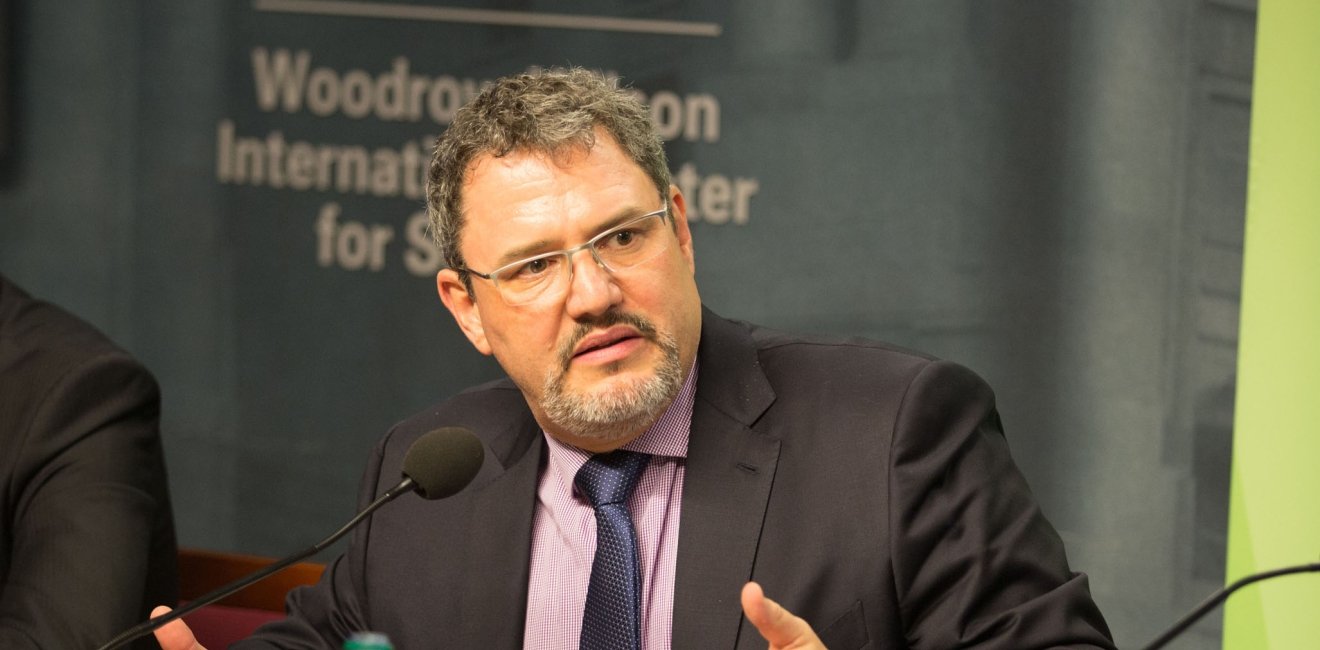
A blog of the Brazil Institute

Conceptually flawed indicators downgrade Brazil in index compiled by the Economist Intelligence Unit and Barilla Group
The Economist Intelligence Unit (EIU), the data division of The Economist, recently launched a Food Sustainability Index. Sponsored by the Barilla Center for Food and Nutrition, the Index consists of 34 indicators ranking 25 countries across three broad areas: food loss and waste; sustainable agriculture; and health and nutrition.
Although the Index is a relevant, innovative, and timely initiative, Brazil’s ranking comes as a major surprise. The country ranks in one of the worst positions: 20th place (out of the 25 countries analyzed).
For instance, in the area of sustainable agriculture, where Brazil has advanced more than any other country in last decade, we are pulled down in the ranking by conceptually flawed indicators or highly questionable measures:
- Environmental impact of agriculture on land: Brazil is castigated in the index for its high use of fertilizers and crop protection chemicals. However, correcting and fertilizing soils, while combating pests and diseases should receive a higher score, not a lower one, especially in a tropical zone where two harvests are planted in the same area every year without irrigation. Advanced technology, when skillfully used, increases productivity and thus saves land and avoids additional deforestation. In the tropics, this is what separates successes from failures.
- Land use: According to this indicator, countries with the largest relative area occupied by organic production are the most sustainable. The contradiction is clear: since the productivity of organic agriculture is notoriously lower than that of conventional agriculture, it will inevitably end up demanding larger tracts of land to produce traditional commodities, in addition to increasing the final cost of food. The land use indicator does not include any reference to the percentage of the area each country preserves with forests (where Brazil is a natural champion) or to the obligation to maintain forest reserves on every individual rural property, a requirement that exists only in the Brazilian Forest Code.
- Quality of agricultural subsidies: The protectionist agricultural policies of the European Union, Japan, and South Korea are much more costly and distortive than those of Australia, Argentina, and Brazil. Just look at OECD studies or check notifications at the World Trade Organization.
- Diversification of land use: Despite Brazil’s accumulated experience with crop rotation, crop-livestock integration, and up to three harvests per year in the same area, Brazil scored “zero” for this indicator. The method of measurement is highly questionable, producing faulty scores and skewing the final rankings.
- Impact of animal feed and biofuel production on land use: Several premises of this indicator are quite absurd, notably: a) feed is used to produce animal proteins (meats and dairy products), products that by definition are “unsustainable”; and b) bioenergy is bad for the environment because it harms the production of food, regardless of whether it generates renewable energy or whether it is made from corn, sugarcane, or biomass.
Moreover, in the section on nutrition and health, the indicator measuring the “adoption of unhealthy diets” is the population of the country divided by the total number of McDonald's, KFC, and Burger King restaurants. They should consider the queues that form at these restaurants’ doors in cities where people would otherwise not have access to food produced with quality and sanitary standards. Contrary to public perception, the standards used by these three companies in their purchasing choices of raw materials and ingredients is far stricter than in most conventional eateries, be it in terms of quality, traceability, or sustainability criteria.
When considering this work’s bias towards carbohydrates, it is somewhat unsurprising that the sponsor of the Food Sustainability Index is one of the world’s leading pasta companies, a global brand with significant stakes in bread and cookies as well. It is harder, however, to understand why the Economist Intelligence Unit did not conduct a thorough relevance check of the proposed indicators, or why it failed to at least open the debate on this index to scientific circles outside Europe.
Marcos Sawaya Jank specializes in global agribusiness issues. He writes a column for Folha de S. Paulo twice a month. The article above was adapted from the original Portuguese, published April 29, 2017 (available here), translated by Anna Prusa, Brazil Institute Program Associate.
Author

Explore More in Brazil Builds
Browse Brazil Builds
They're Still Here: Brazil's unfinished reckoning with military impunity


